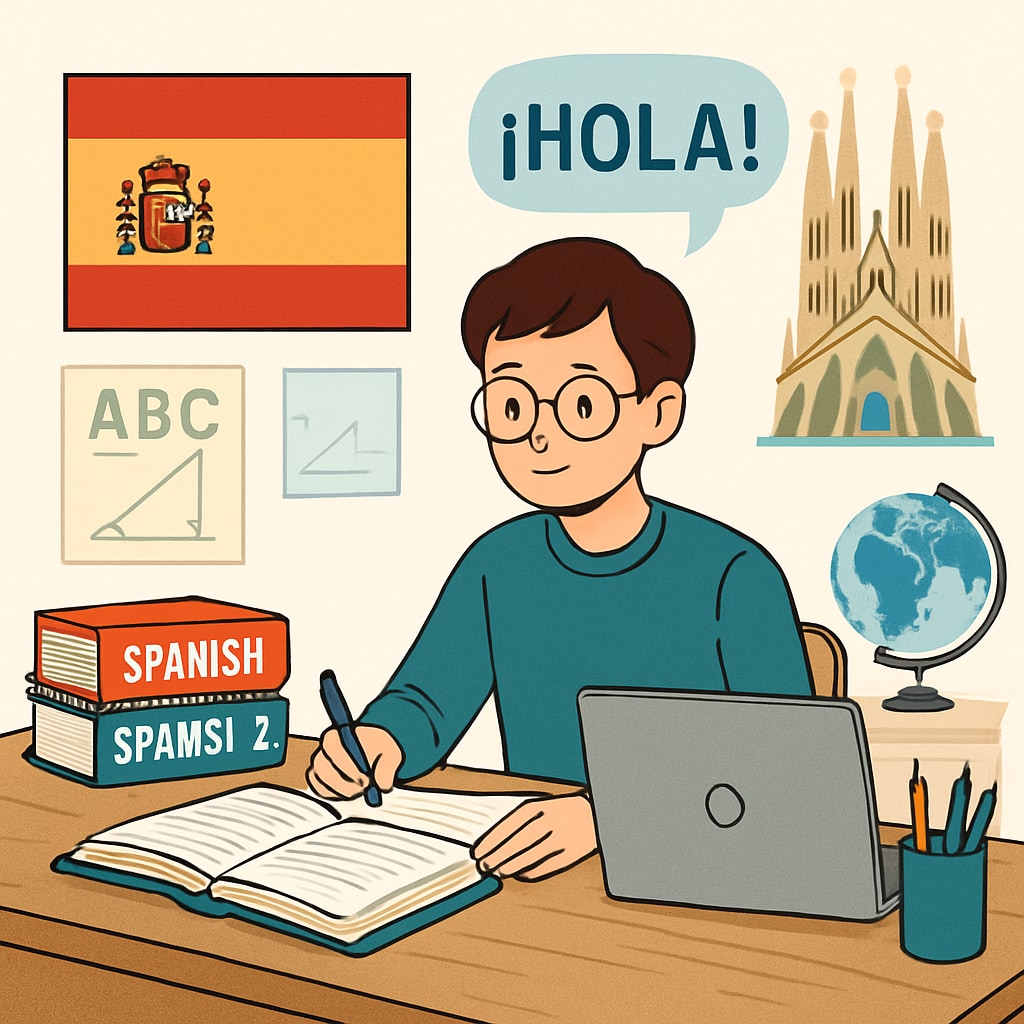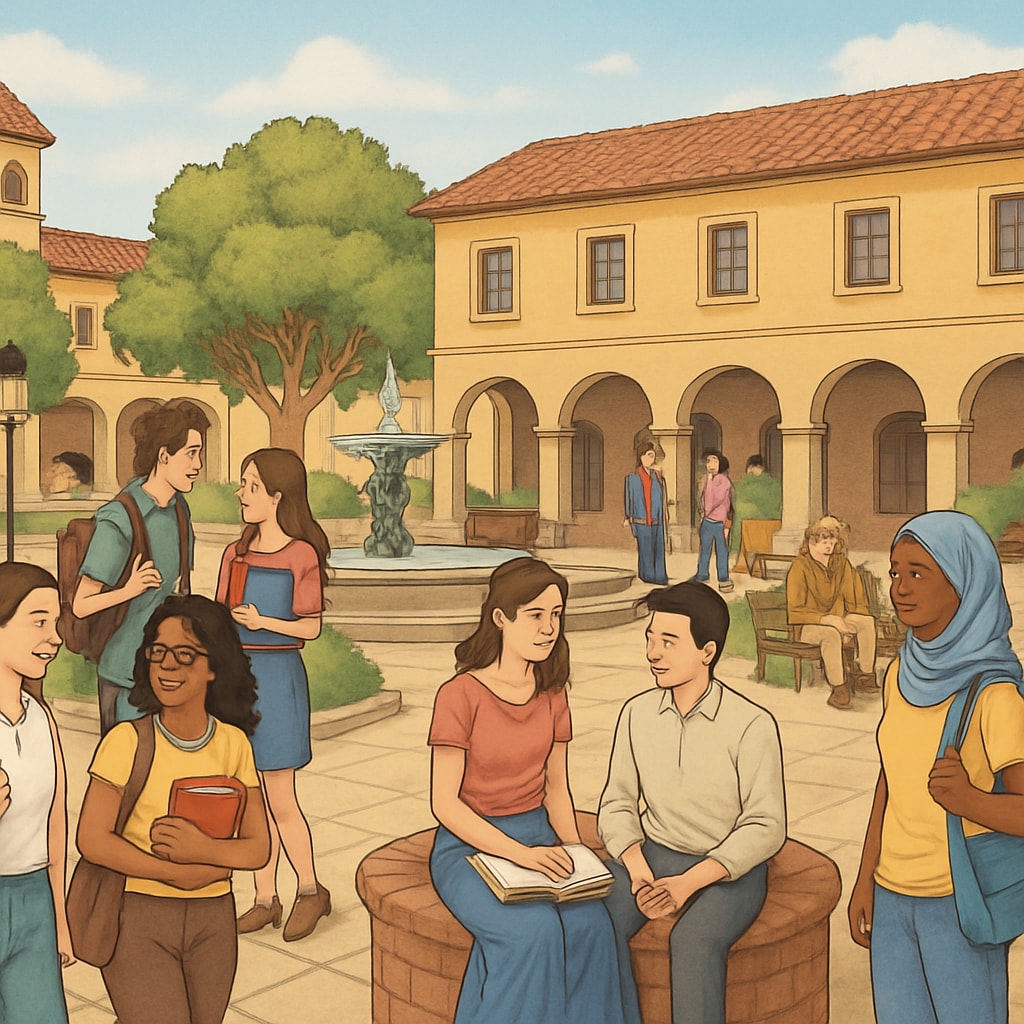Embarking on the journey of studying for a master’s degree in Spain can be a transformative experience, offering not only academic growth but also the opportunity to adapt to a vibrant new culture. For those considering this path, it’s essential to evaluate the feasibility of such a decision, taking into account Spain’s renowned education system, the challenges of cultural adjustment, and the potential for long-term opportunities. Whether you’re drawn by the allure of Spanish cities like Madrid, Barcelona, or Valencia, this article will guide you through the key considerations.
Why Choose Spain for Your Master’s Degree?
Spain has become an increasingly popular destination for international students due to its high-quality education and globally recognized universities. Institutions such as the University of Barcelona and the Autonomous University of Madrid offer diverse programs taught in English and Spanish, making education accessible to a wide audience. In addition, the cost of studying in Spain is comparatively affordable, with tuition fees often lower than those in the United States or the United Kingdom.
Beyond academics, Spain offers a rich cultural heritage, stunning architecture, and a lifestyle that balances work and leisure. For example, students can enjoy the vibrant local festivals, traditional foods like paella, and breathtaking landscapes ranging from beaches to mountains.

Cultural Adaptation: Challenges and Rewards
Adapting to life in Spain can be both exciting and challenging. The Spanish lifestyle is known for its relaxed pace, with long lunch breaks and late-night dinners forming a stark contrast to the fast-paced routines of many other countries. Understanding and embracing these cultural norms is key to thriving in your new environment.
Language can be another hurdle. While many master’s programs are offered in English, learning Spanish can significantly enhance your experience, allowing you to connect more deeply with locals and navigate day-to-day life with ease. Free language exchange programs and apps like Duolingo can be excellent starting points.
Additionally, the concept of “mañana,” a cultural tendency to delay tasks, might require some adjustment for those accustomed to stricter schedules. However, this slower pace often encourages a healthier work-life balance, which many international students come to appreciate over time.

Opportunities Beyond Graduation
While pursuing a master’s degree in Spain is a significant milestone, it is equally important to consider what lies ahead. Spain’s post-graduation employment landscape offers opportunities, particularly in industries such as tourism, technology, and renewable energy. For non-EU students, securing a work visa can be challenging but not impossible. Many universities offer career services to assist students in navigating job searches and work authorization requirements.
Furthermore, Spain’s central location in Europe makes it an ideal base for exploring neighboring countries, expanding your network, and enriching your global perspective. This interconnectedness can provide a competitive edge in the international job market.
Practical Tips for a Successful Transition
Here are some practical suggestions to make your move to Spain smoother:
- Research your program: Ensure the curriculum aligns with your career goals and that you meet the language requirements.
- Budget wisely: Account for tuition, living expenses, and travel costs. Spain is relatively affordable, but costs can vary by city.
- Secure housing early: Look for student accommodations or shared apartments to reduce costs and build connections.
- Learn Spanish: Even basic proficiency can make a significant difference in your daily life.
- Engage with locals: Participate in community events to immerse yourself in Spanish culture and build a support network.
By planning ahead and maintaining an open mind, you can make the most of your time in Spain, academically and personally.
In conclusion, pursuing a master’s degree in Spain not only provides access to excellent education but also opens doors to a rich cultural experience and future opportunities. With proper preparation and a willingness to adapt, you can successfully navigate the challenges and rewards of starting a new chapter in this dynamic country.
Readability guidance: Use short paragraphs to improve clarity. Integrate lists to summarize key points effectively, and maintain a balance between academic and practical information. Ensure smooth transitions and avoid overloading sections with dense content.


